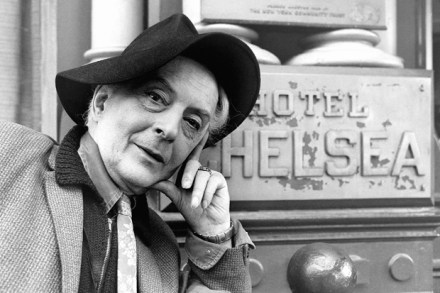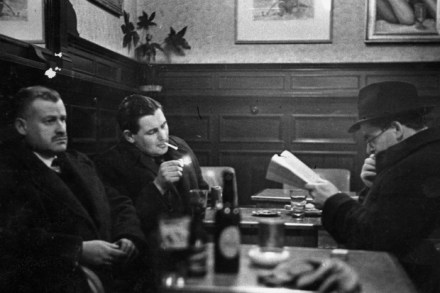Christianity is the foundation of our freedoms
If there is one underlying source from which all our other societal problems stem, it is surely this: we no longer know who we are or how we got here. Worse, we mistakenly believe our situation to be inevitable, presuming that we have arrived in this modern liberal state through something like gravity. At the very opening of Inventing the Individual Larry Siedentop lays this problem out. People who live in the nations once described as Christendom ‘seem to have lost their moral bearings’, he writes: We no longer have a persuasive story to tell ourselves about our origins and development. There is little narrative sweep in our view of




















